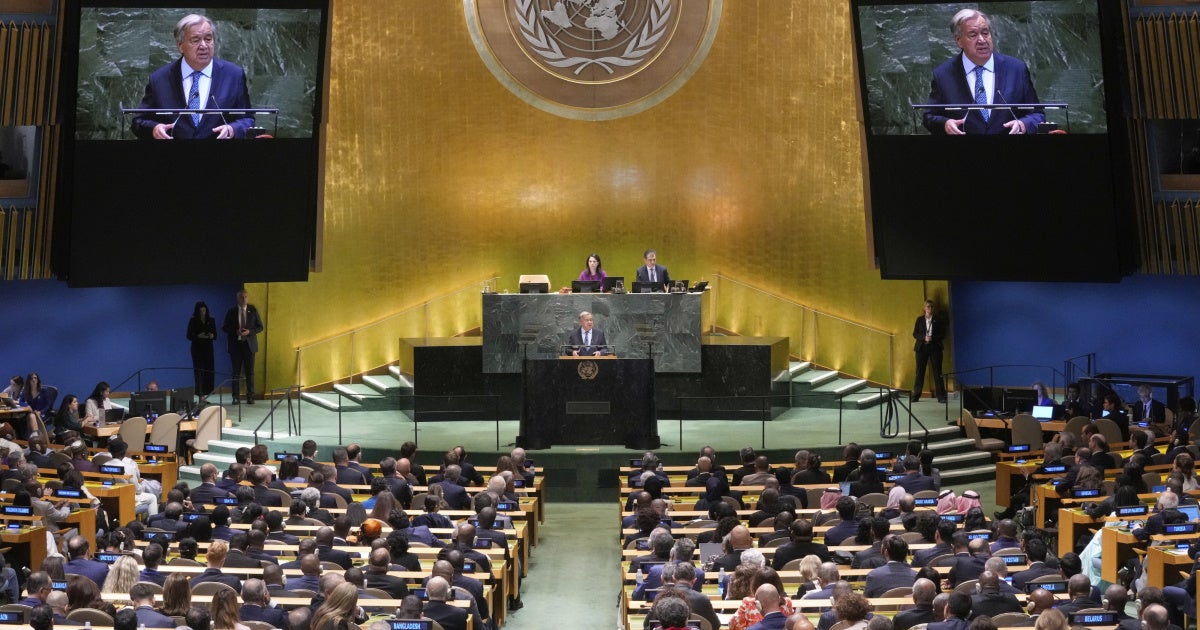The United Nations leadership has launched a major reform plan to make the cash-strapped world body more efficient and cost-effective. Unfortunately, it has offered little on how this will impact the UN’s already understaffed and underfunded human rights work and the victims it is intended to help.
The UN’s worsening financial crisis is largely due to the failure of some member states, including the United States and China, to pay their assessed contributions in full and on time. The Trump administration, which has gutted its foreign aid program budget, has halted most of its obligatory payments to the UN, while China has been paying extremely late.
Secretary-General Antonio Guterres’ “UN80” reform initiative, named to commemorate the 80th anniversary of the UN’s founding this year, is intended to address this liquidity crisis, but its impact will be severe. The package’s proposed 2026 budget calls for an average of 15 percent reductions in expenditures, including nearly 20 percent in staff cuts.
The UN secretariat has suggested one of its problems is that it has too many mandates, including on human rights. In a September 2025 report to the UN General Assembly, Guterres referred to the “proliferation of mechanisms” related to human rights, which he said has led to “fragmentation, duplication and competition for resources.”
UN member states create human rights mechanisms in response to crises. In the face of widespread atrocities in Sudan, Afghanistan, Ukraine, Myanmar, Iran, Israel/Palestine, Democratic Republic of Congo, Syria, and elsewhere, for example, independent UN investigations were established to document abuses and support accountability. Many of these investigations are already struggling to function with shoestring staffs and a fraction of their budgeted funding.
For years, Russia, China, Iran and other governments with poor human rights records have also sought to defund UN human rights mechanisms in the General Assembly’s Fifth Committee, which is currently discussing the 2026 budget.
Cutting or merging crucial human rights mandates won’t solve the UN’s liquidity crisis—human rights accounts for less than 1 percent of total UN expenditures. But it will hurt victims of abuse by signaling to those responsible that scrutiny is being cut back. The UN leadership and its member states cannot let the opponents of human rights win.



